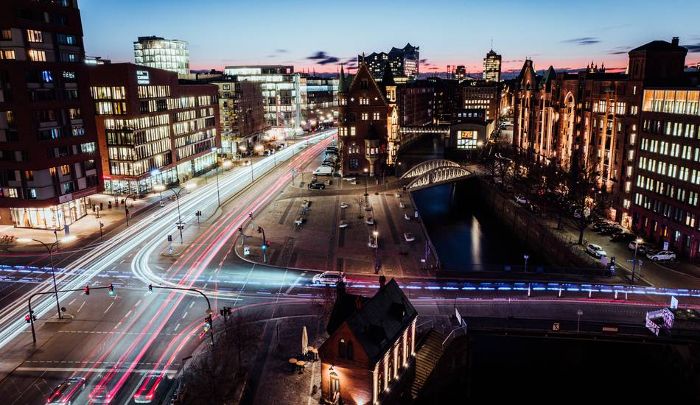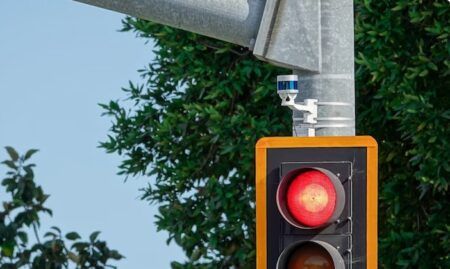As part of its preparations for hosting the ITS World Congress in 2021, the city of Hamburg in Germany has announced plans to install more than 2,000 thermal imaging cameras on traffic lights and streetlamps by late 2020 to collect anonymous, real-time traffic data.
With the assistance of the German Ministry of Transport, Hamburg is aiming to position itself as a model city and laboratory for intelligent transport and logistics solutions as it prepares to host the world’s largest event for the ITS industry. The new thermal cameras will be deployed all over the city to help improve traffic control and long-term planning. Motorized traffic will be counted at 420 intersections as part of the Automated Traffic Volume Recording project. Thermal imaging cameras on 40 streetlamps will provide information on cycling for the ‘Hamburger Radverkehrszählnetz’ (Hamburg Bicycle Traffic Counting Network) project. The data will be made available on the Urban Data Platform Hamburg. Both projects are part of the senate’s ITS strategy and are receiving up to EUR12.4m (US$14m) in funds from the German Ministry of Transport and Digital Infrastructure’s ‘Clean Air’ emergency program.
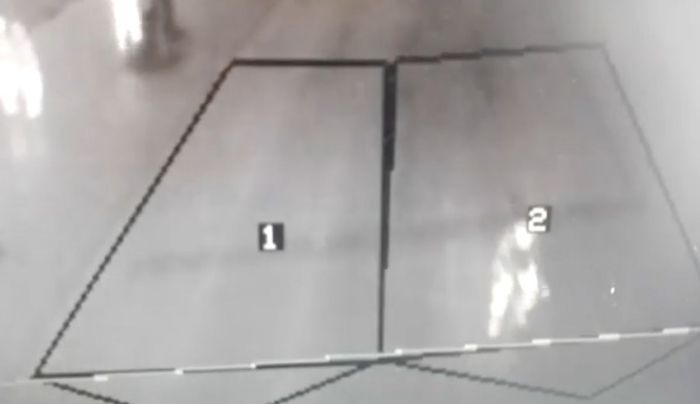
The thermal technology being used only collects information about the number and type of vehicles passing the monitoring point, and cannot collect personal data, such as information about a person’s face or their car’s registration plates. The data will be available on the Urban Data Platform of the Landesbetriebs Geoinformation und Vermessung (LGV) from late 2019, with the information available for access by residents, urban authorities, private companies and research or academic organizations.
Around 85 of the planned 420 intersections have already been equipped with two to eight thermal imaging cameras each as part of the Automated Traffic Volume Recording project. Diverse use scenarios for evaluation of the data will allow city planners to forecast traffic, simulate developments, coordinate roadworks sites, and control traffic in real-time. Police headquarters, traffic portals, navigation manufacturers and app developers could also access the data.
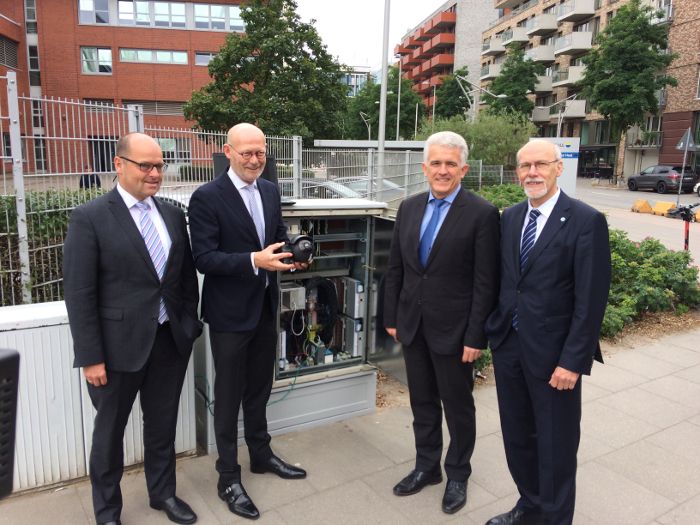
The Hamburg Bicycle Traffic Counting Network will record cycle traffic along bike paths and other key junctions in the city. Thermal imaging cameras at 40 locations will help give a ‘solid overall picture’, with the first cameras due to be installed this autumn. The vehicle and bicycle monitoring systems are just two of 60 projects in the Hamburg senate’s strategy for ITS as it gears up for the World Congress in October 2021.
Volker Rech, technical managing director of Hamburg Verkehrsanlagen GmbH, said, “The thermal imaging cameras will make high-quality and quantitative digital images of traffic automatically available for the first time around the clock and in all areas.”
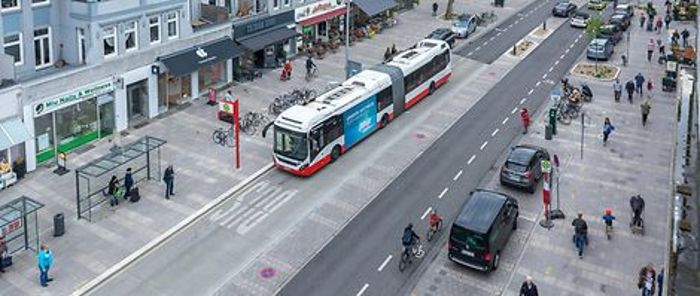
Christian Pfromm, Hamburg’s chief digital officer, added, “Traffic can be controlled more precisely with an adequate, up-to-date data basis. Road management can be improved, and construction sites can be better coordinated. This benefits the environment and local residents. Thermal imaging technology allows us to meet our demand for the best possible protection of personal data. People are the center of digitization for us.”


